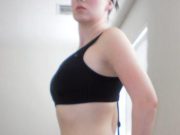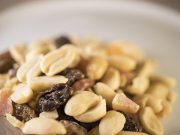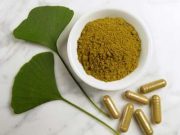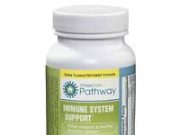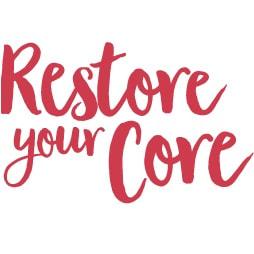Navigating the myriad of physical changes that accompany the postpartum period can be both a transformative and challenging experience for new mothers. As your body adapts and recovers from the incredible journey of pregnancy and childbirth, it is natural to encounter a range of physical shifts—from changes in weight and body shape to variations in energy levels and hormonal fluctuations. Understanding these changes and learning how to cope with them is essential not only for your physical health but also for your emotional well-being. In this article, we will explore practical, compassionate strategies to help you embrace and manage the changes your body is undergoing. Whether you are dealing with stretch marks, postpartum hair loss, or adjusting to a new exercise routine, our aim is to provide you with the guidance and support you need to feel empowered and confident in your postpartum body. Remember, every journey is unique, and taking the time to nurture yourself is an important step in this new chapter of motherhood.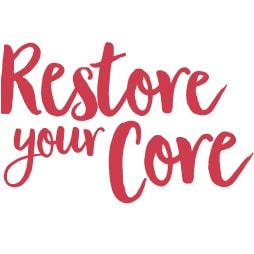
Understanding Your Bodys Postpartum Transition
Embracing the changes your body goes through after pregnancy is a journey that involves both understanding and compassion. The postpartum period is a time of immense transformation as your body heals and adjusts to its new normal. During this phase, you may notice shifts in your body that can feel unfamiliar and sometimes overwhelming. Recognizing these changes as a natural part of your recovery can be the first step towards acceptance and comfort.
- Hormonal Fluctuations: After childbirth, hormone levels, especially estrogen and progesterone, drop significantly. This can lead to mood swings, hair loss, and changes in skin texture. Remember, these shifts are temporary as your body seeks to regain balance.
- Physical Recovery: It’s common to experience postpartum discomfort, such as sore muscles and fatigue. Gentle exercises, like walking or yoga, can help improve circulation and reduce stress.
- Body Image Adjustments: Your body has accomplished an incredible feat, and it’s important to celebrate its resilience. Focus on gradual progress rather than immediate results, and practice self-love by acknowledging the strength and beauty in your postpartum body.
By nurturing yourself with patience and understanding, you can navigate these changes more smoothly. Prioritize rest, maintain a balanced diet, and reach out for support when needed. It’s okay to ask for help, whether it’s from family, friends, or healthcare professionals. Remember, each postpartum journey is unique, and giving yourself grace during this time is a powerful act of self-care.
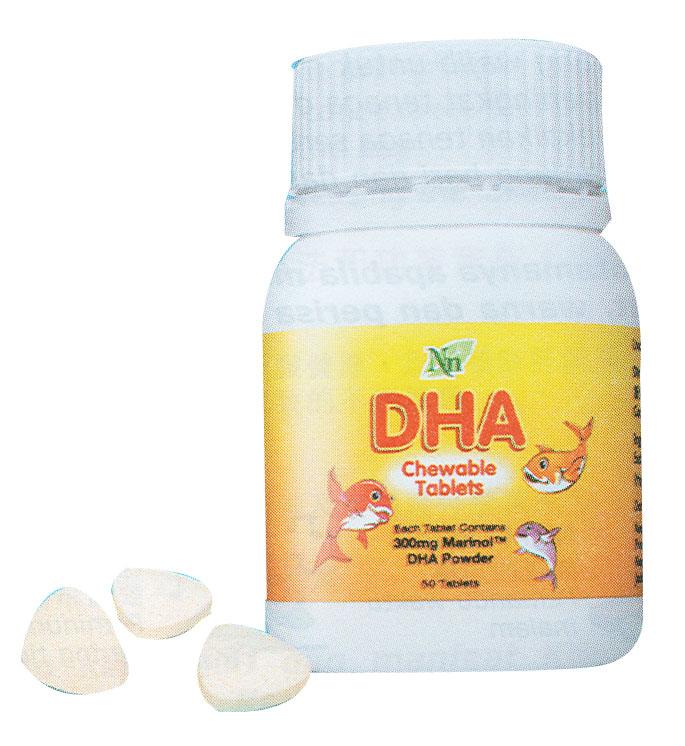
Nurturing Your Mental Well-being Amidst Physical Changes
Embracing the journey of motherhood often brings profound physical changes that can impact your mental well-being. It’s essential to acknowledge these changes and cultivate a compassionate mindset towards yourself. Here are some nurturing practices to support your mental health during this transformative time:
- Practice Self-Compassion: It’s natural to feel overwhelmed by the physical transformations your body undergoes post-pregnancy. Allow yourself the grace to adapt and remind yourself that these changes are a testament to your incredible strength and resilience.
- Connect with Your Body: Engage in gentle activities like yoga or walking that promote a connection with your body. These practices not only enhance physical recovery but also encourage a positive mental outlook by releasing endorphins, the body’s natural mood lifters.
- Mindful Reflection: Take a few moments each day for mindfulness or meditation. This practice can help you center your thoughts, reduce anxiety, and develop a deeper understanding of your emotions as they arise, fostering a sense of inner peace.
Remember, nurturing your mental well-being is as crucial as caring for your physical health. By embracing these practices, you create a supportive environment for both you and your growing family.
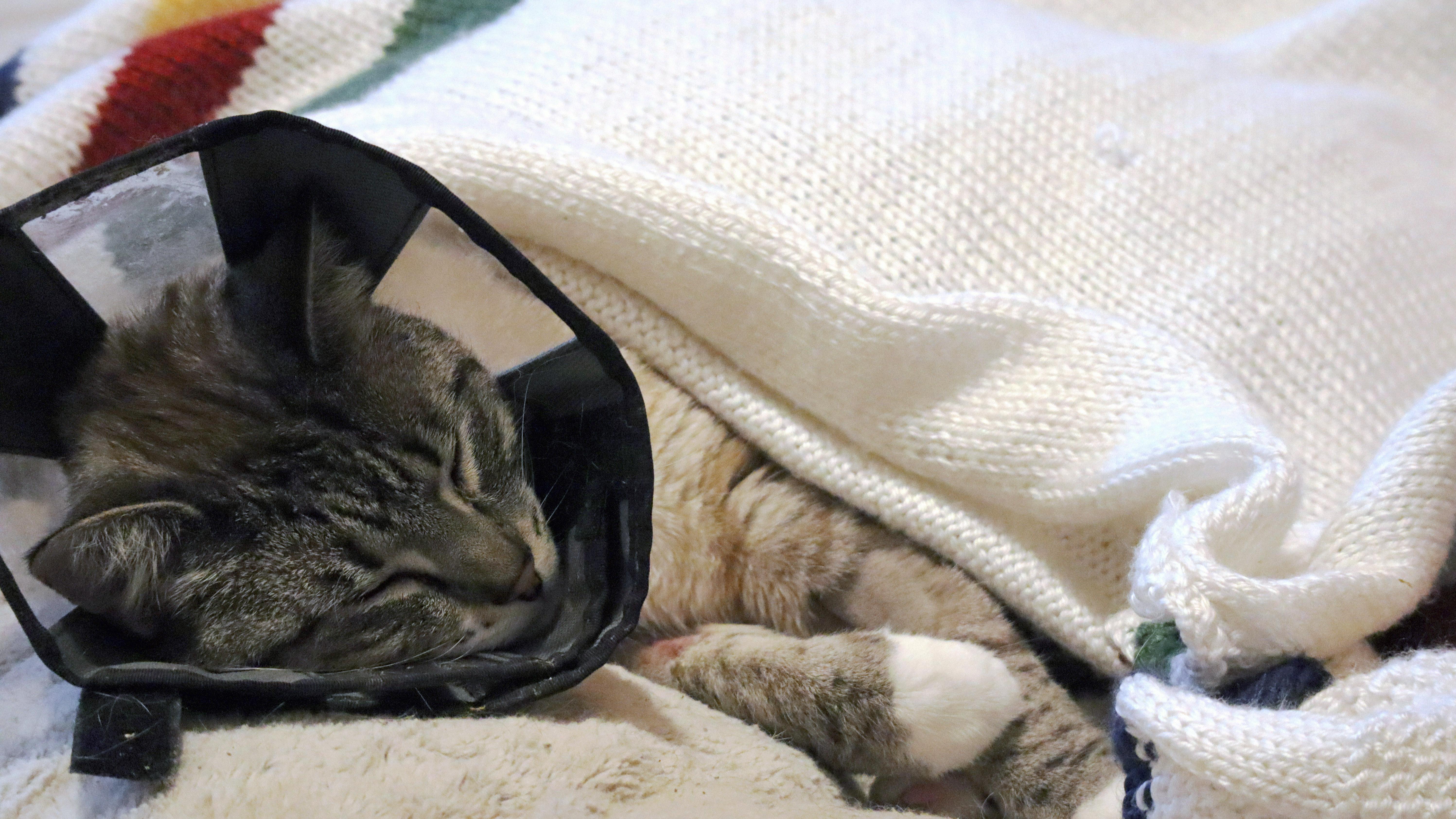
Creating a Supportive Environment for Recovery
Adjusting to life after pregnancy involves both physical and emotional transitions. It’s important to cultivate a nurturing environment that promotes healing and confidence. Start by creating a safe and comfortable space in your home where you can relax and focus on self-care. This could be a cozy corner with a comfortable chair, soft lighting, and your favorite books or music.
- Ensure that your space is free from clutter to minimize stress.
- Surround yourself with items that bring joy and comfort.
- Keep essentials like water, snacks, and baby supplies within easy reach.
Seek support from loved ones who can assist with daily tasks and provide emotional encouragement. Don’t hesitate to ask for help with chores or childcare. Joining a support group can also be beneficial, as sharing experiences with others who understand your journey can offer solace and practical advice. Remember, nurturing your body and mind during this time is not just a luxury—it’s a necessity.
Incorporating Gentle Exercise and Nutrition for Healing
Embracing the journey of postpartum recovery involves weaving gentle exercise and mindful nutrition into your daily routine. Gentle exercise is your ally, not just in regaining physical strength, but also in nurturing mental well-being. Start with activities like walking, yoga, or pilates that are designed to be kind to your body. These exercises enhance circulation, boost mood, and gently rebuild muscle tone without overwhelming your system.
As your body adjusts, nutrition plays a crucial role in healing and energy restoration. Focus on a balanced diet rich in whole foods to fuel your recovery. Consider incorporating:
- Leafy greens and colorful vegetables for vitamins and minerals.
- Lean proteins like chicken, fish, or legumes to support tissue repair.
- Healthy fats such as avocados, nuts, and olive oil for sustained energy.
- Whole grains to provide fiber and steady energy levels.
Listening to your body’s needs and honoring its pace is vital. Remember, postpartum recovery is a personal journey, and combining these gentle practices can help you navigate this transformative phase with grace and strength.





